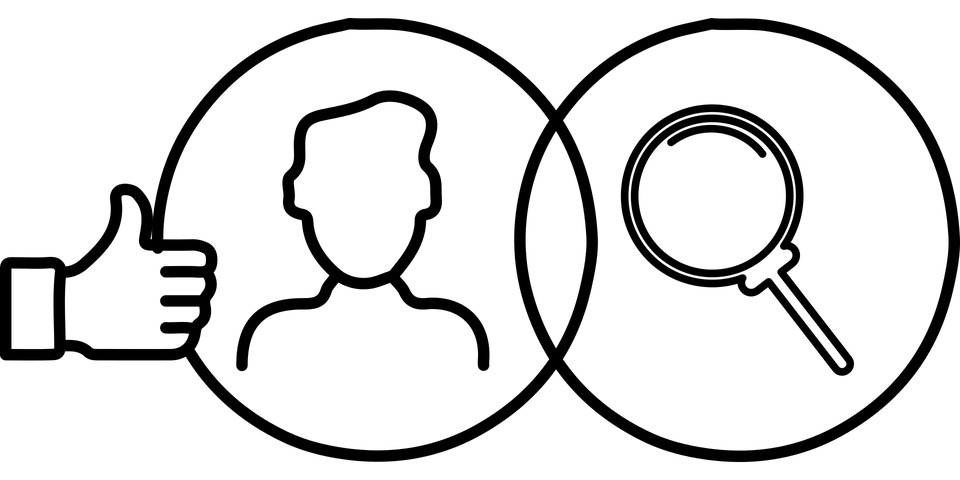
As more and more businesses move HR from a pen and paper department to a web-based smart operation, those left behind have a choice to make: do they stay in the past or do they take that necessary step into the future?
To add to the decision-making worry, there are two major ways HR is managed digitally: Bespoke services that manage a singular aspect and nothing else, and HR platforms where all aspects are managed and integrated into each other to provide an end-to-end solution.
Let’s resolve any lingering doubts you may have about the efficacy of these integrated HR platforms by taking a look at just how they excel over ‘traditional’ HR management.
You Get Centralized Core Services
A major complaint that arises with the sheer breadth of scope of most HR teams is the fact that data gets scattered far and wide. Collating that data when it is requested can become a hassle when it is divided across several apps, systems and files, there’s also the additional possibility of errors when combining said data into a singular report.
An integrated HR platform basically renders every such problem moot. Most integrated HR systems provide an all-in-one dashboard for managing employee data, such as:
- Employee contact and personal information
- Job designation
- Department / Team within company
- Employee documents / contracts
Additionally, these dashboard enable HR to manage data permissions and privacy controls to every employee in the company, and store all this data to the platform’s secure cloud servers, from one convenient location!
You Get Additional Services Like Payroll and Leave Management
Most HR functions beyond employee data management and onboarding are lengthy, tedious and no less essential. Payroll and leave management are two of the biggest and most demanding of those functions – ‘traditional’ HR management structures have multiple people tasked specially to fulfill these functions, making them a major manpower sink. Being human-driven also leaves these critical services prone to errors and mistakes.
Modern integrated HR platforms such as PeopleSonic pride themselves on providing turn-key solutions to the looming problems of payroll and leave management. These integrated solutions provide dedicated applications within the platform which exclusively manage payroll and leaves, while fully exposing their data to the central dashboard to enable analytics, tracking and updates.
You Get Instant, Detailed Analytics
As mentioned earlier, the biggest boost that integrated HR platforms provide businesses comes in the form of analytics. The modern business world is exceedingly data-driven, which refers to understanding data and using those analyses to inform decision making. Knowing how to make sense of the data collected becomes far more necessary than the act of collection itself, and that is where your business profits from these platforms.
Rather than having an employee gather data, run it through their performance metrics and guidelines and create a report from that, HR platforms use their integrated nature to call data from the relevant application, analyze it and generate the required reports, all from one button click! Harnessing the computing power of the platforms also provides thorough analyses that would otherwise take HR days to produce.
You Get to Save Time
It must be evident by now that if your business still executes its HR functions through personnel only (and using paper rather than digital), you are wasting a hefty chunk of your employee’s time on things that integrated HR platforms now do instantly, or automatically on a schedule. By removing the burden of menial tasks, HR teams get freed up to tackle higher value goals for the business. The same goes for time saved each month on processing payroll, and especially the time saved in following up on leave approvals, statuses and accruals.
While the difference in time efficiency gained when using an integrated solution to using several solutions for HR management is not as dramatic as that between analogue and digital, it is still significant. That is especially true given how highly competitive today’s industries are, and even a minor advantage becomes critical in the long run.
You Get Increased Productivity
A consequence of HR systems that doesn’t get enough spotlight is the increase in employee productivity through time and attendance management. By observing and understanding employee behaviour, managers and HR can best formulate ways to motivate teams to arrive on time, which would in turn boost and elevate the work culture of that organization.
Time is money may be a cliche, but it is one that is painfully important to businesses, whether they’re small or even multinational. That’s why managers and team leads are always looking for data on employee attendance and how to maximise it. By analyzing this data, a more productive work culture can be created, one based on trust with the employees.
While the idea of using exclusive, specialist software to look after various HR functions can sound enticing, getting those applications to play nicely with each other can prove to be challenging, sometimes even futile. That’s why an integrated HR platform that is essentially an end-to-end solution for managing HR will always appeal more to businesses, and with good reason. What’s more, modern HR platforms even allow a lot of customisation features that can tailor that platform to your business’s specific needs, one which can easily augment the benefits you gain by moving your business from ‘traditional’ HR management to an integrated, all-in-one platform.
